Apple's demands forced us to spend $250 million every year, says Qualcomm CTO under oath
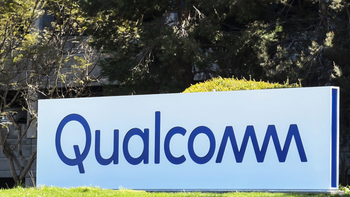
It is now Qualcomm's turn to mount a defense in the FTC v. Qualcomm non-jury trial. The FTC put on its case during the first six days of the trial, hoping to show Judge Lucy Koh that the chip maker tried to protect an alleged monopoly with its patent licensing practices. At the heart of the issue is the "no license, no chips" policy used by the company, although it says that no customer was ever denied chips. Qualcomm also allegedly failed to price its standard essential patents in a Fair, Reasonable and Non-Discriminatory (FRAND) manner as is required by the industry. These are patents that manufacturers need to license in order to make sure that their products meet technical standards.
Qualcomm says that it needs the money generated by licensing fees to conduct needed R&D to improve its products. Today, the company's Chief Technology Officer (CTO), James Thompson, was put on the stand to show the court how expensive this spending can be. Under oath, the executive said that it spent about $250 million a year to upgrade its chip modems for Apple. Thompson explained that Apple demanded a new chip each year, and that it wouldn't have gone to the expense of upgrading the part each year if not for Apple.
"Apple requires we come out with a new one (modem chip) every year. But if you look at our other customers that use those products, for example data card businesses, they don't even want us to do a new design every year."-James Thompson, CTO, Qualcomm
From 2011 through 2015, only Qualcomm modem chips were employed by Apple. The following two years, Apple used chips from both Qualcomm and Intel before exclusively relying on Intel's modem chips for the 2018 iPhone models. There is speculation that Apple will design its own modem chip for the first 5G iPhones expected to be unveiled in 2020.
If the FTC prevails in this trial, Qualcomm could be forced to change many of its business practices related to chip sales.



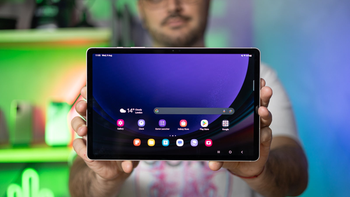




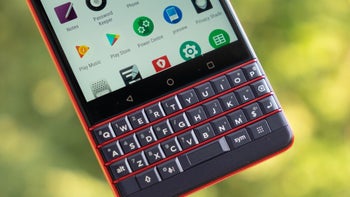

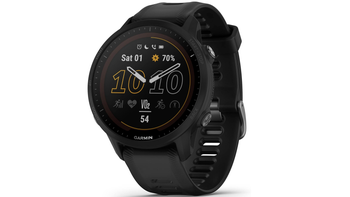

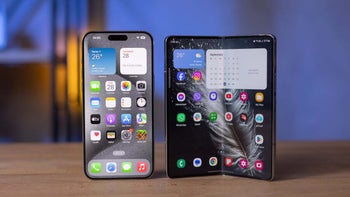
Things that are NOT allowed: